Spice Up Your Life: 7 Smoky Secrets of Chipotle Sauce You Can't Ignore!
If you've ever bitten into a burrito and felt that deep, smoky heat crawl up your throat — rich, earthy, and just a little bit mysterious — chances are you’ve tasted the magic of chipotle sauce. This isn’t just another hot sauce; it’s a culinary passport to Mexico's ancient traditions, modern kitchens, and everything in between.
In this article, we’re taking a global journey through the world of chipotle sauce. From its fiery origins to how it spices up your everyday cooking today, we’ll explore what makes this sauce so special, why it’s captured the hearts (and taste buds) of foodies around the globe, and how you can use it like a pro.
Table of Contents
- The Smoky Origins of Chipotle Sauce
- What Makes Chipotle Sauce So Unique?
- How Chipotle Is Used Around the World
- Top 5 Ways to Use Chipotle Sauce Like a Pro
- Chipotle Sauce Buying Guide: Finding the Perfect Bottle
- DIY Chipotle Sauce: Make It at Home Like a Local
- Final Thoughts: Why Chipotle Sauce Should Be on Every Spice Shelf
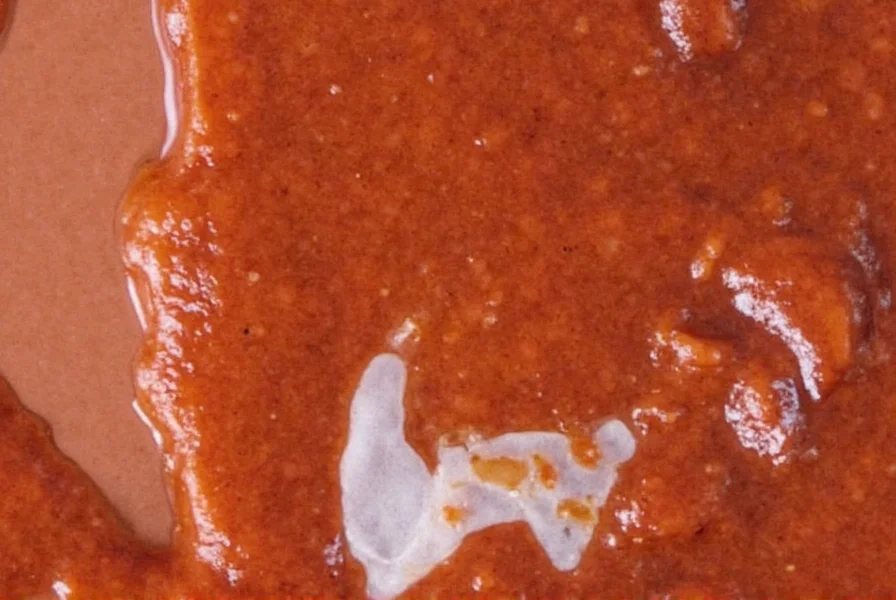
The Smoky Origins of Chipotle Sauce
The word “chipotle” comes from the Nahuatl language, spoken by the Aztecs, and means “smoked chili.” These dried, smoked jalapeños were once used not only for flavor but also for preservation long before refrigeration existed. Today’s chipotle sauce is a modern twist on an age-old technique — combining those smoky peppers with vinegar, garlic, adobo sauce, and sometimes tomatoes or spices to create a deeply complex condiment.
Mexico’s Oaxaca and Veracruz regions are especially famous for their traditional preparation methods. Whether it’s used to baste meats or drizzled over tacos, chipotle has always been more than just a seasoning — it’s a cultural icon.
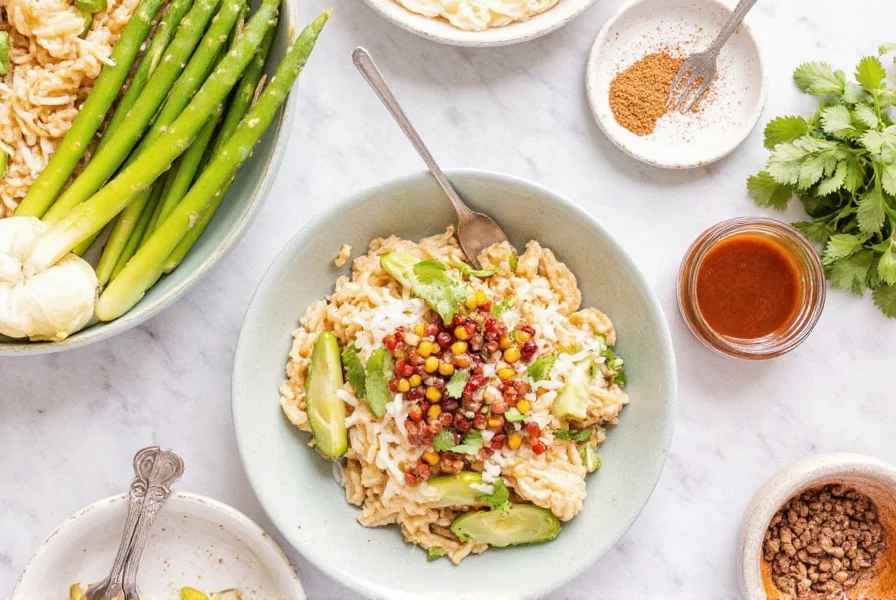
What Makes Chipotle Sauce So Unique?
Let’s talk flavor — chipotle sauce doesn’t just bring heat; it brings character. Here's how it compares to other popular sauces:
| Sauce Type | Heat Level (Scoville) | Flavor Profile | Best Use |
|---|---|---|---|
| Chipotle Sauce | 2,500–8,000 SHU | Smoky, earthy, slightly sweet | Meat marinades, creamy dips, taco toppings |
| Tabasco | 2,500–5,000 SHU | Vinegary, sharp, tangy | Eggs, soups, dressings |
| Ghost Pepper Sauce | 855,000–1,041,427 SHU | Immediate burn, minimal flavor | Challenges, novelty dishes |
| Habanero Sauce | 100,000–350,000 SHU | Fruity, floral, intense | Caribbean cuisine, spicy cocktails |
So What’s the Difference?
- Heat: Chipotle gives you a slow-building warmth rather than a sudden blast.
- Smoke: The drying process imparts a unique smokiness not found in other sauces.
- Adobo Base: Most commercial chipotle sauces come in an adobo sauce base — tomato-based, garlicky, and full of depth.

How Chipotle Is Used Around the World
While its roots are firmly planted in Mexican soil, chipotle sauce has become a global flavor favorite. Here’s how different cultures have adopted it into their kitchens:
| Region | Cultural Twist | Dish Example |
|---|---|---|
| Mexico | Traditional, bold, meat-centric | Tacos al pastor, grilled chicken, mole sauces |
| United States | Fast-casual fusion, burger topping, mayo blends | Chipotle burgers, BBQ chipotle wings, aioli |
| Japan | Mild, sweet-spicy fusion, rice-based | Chipotle ramen, sushi rolls, teriyaki-glazed fish |
| Europe | Subtle heat, paired with cheese and cured meats | Charcuterie boards, tapas, roasted vegetables |
| Australia | Surf ‘n’ turf meets spice, often in seafood | Grilled prawns, avocado toast, kangaroo steak |
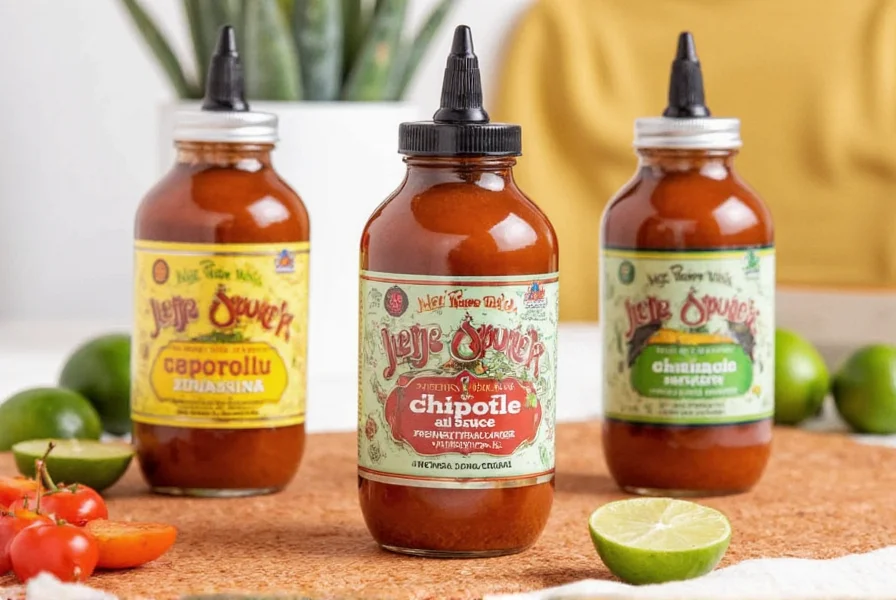
Top 5 Ways to Use Chipotle Sauce Like a Pro
- Marinate Meats: Mix chipotle with olive oil, lime juice, and cumin for a killer marinade for chicken or pork.
- Upgrade Your Mayo: Stir chipotle into mayonnaise or Greek yogurt for a quick dip or sandwich spread.
- Boost Soups & Stews: A few drops of chipotle adds complexity to tomato soup, chili, or bean stew.
- Bake It In: Add a touch to cornbread batter for a warm, smoky kick.
- Create Signature Sauces: Blend with honey for a glaze, or with sour cream for a tangy taco topping.
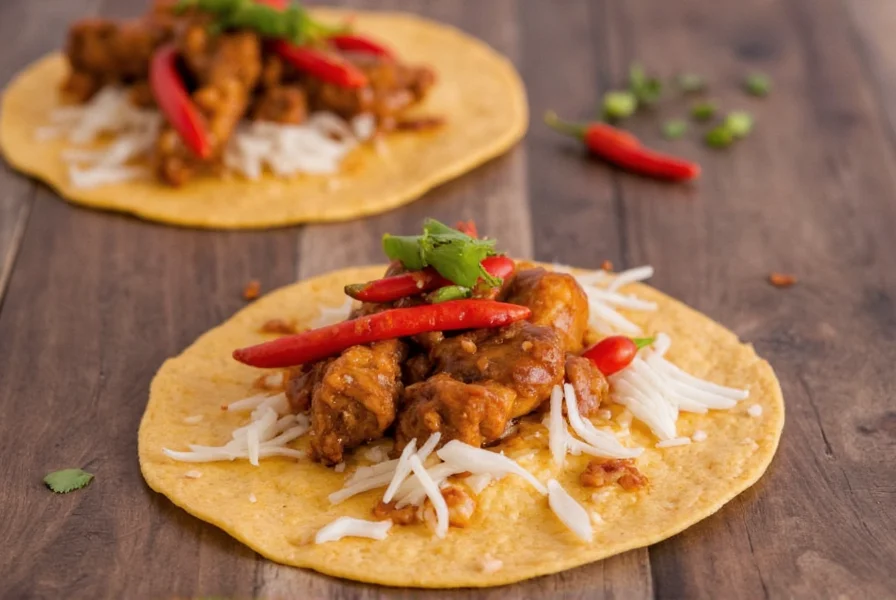
Chipotle Sauce Buying Guide: Finding the Perfect Bottle
With so many brands flooding the market, choosing the right chipotle sauce can be overwhelming. Let’s break it down to help you find the perfect match:
Top 5 Chipotle Sauces Reviewed
| Brand | Flavor Profile | Ingredients | Best For |
|---|---|---|---|
| Cholula Chipotle | Mild smoke, balanced heat, slight sweetness | Red peppers, vinegar, salt, spices | Everyday use, sandwiches, mild spice lovers |
| La Costeña Chipotle in Adobo | Thicker texture, robust smokiness, bold flavor | Whole chipotles, tomatoes, garlic, vinegar | Cooking, grilling, authentic Mexican recipes |
| Frank’s RedHot Chipotle | Vinegary bite with subtle smoke | Vinegar, aged cayenne peppers, salt | Buffalo-style wings, salads, dipping sauces |
| Tapatio Chipotle Crema | Creamy texture, moderate spice, dairy-forward | Chipotle purée, milk, vinegar, spices | Tacos, burritos, soft tortillas |
| Herdez Chipotle Salsa | Fresh, chunky, smoky, lightly spicy | Tomatoes, onions, cilantro, garlic | Dipping, tostadas, salsas, snacks |
Buying Tips:
- Texture: Look for consistency based on intended use — smooth for marinades, chunky for tacos.
- Heat Level: Read labels carefully — some sauces pack more punch than others.
- Adobo Base: If you're after authenticity, look for sauces with real adobo ingredients.
- Storage: Unopened, most sauces last 2+ years. Once opened, refrigerate and use within 6 months.
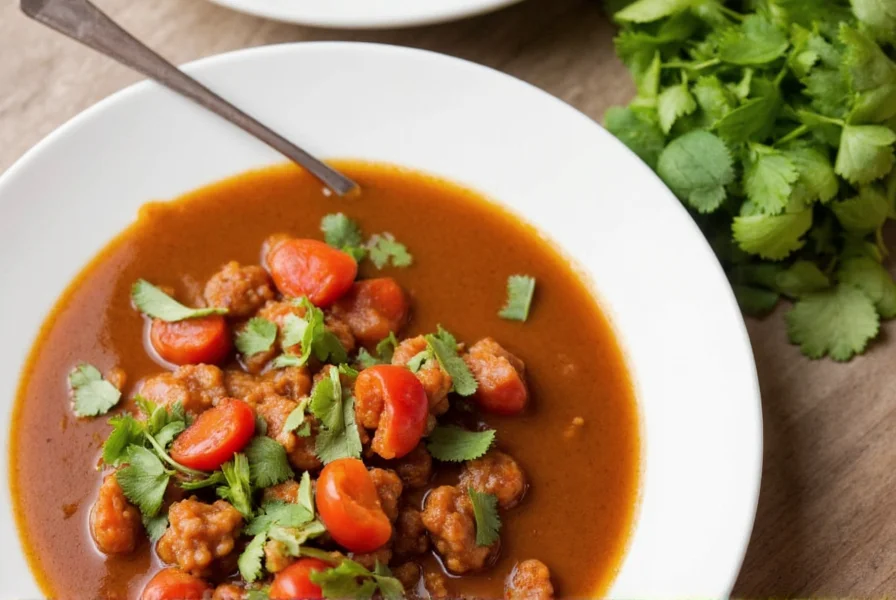
DIY Chipotle Sauce: Make It at Home Like a Local
If you’re feeling adventurous (or want full control over your spice levels), making chipotle sauce at home is easier than you think.
Simple Homemade Chipotle Sauce Recipe
- 2–3 dried chipotle chilies (or canned chipotles in adobo)
- 1 clove garlic
- 1 small tomato or 1/4 cup tomato paste
- 1 tbsp apple cider vinegar
- 1 tsp cumin
- Salt to taste
- 1/4 cup water or broth
Instructions:
- Toast the dried chilies in a dry pan until fragrant (skip if using canned).
- Blend all ingredients in a blender or food processor until smooth.
- Add water as needed to reach desired consistency.
- Taste and adjust salt and spices.
Pro Tip:
Add a splash of citrus or a pinch of brown sugar to balance out the smokiness and add depth.
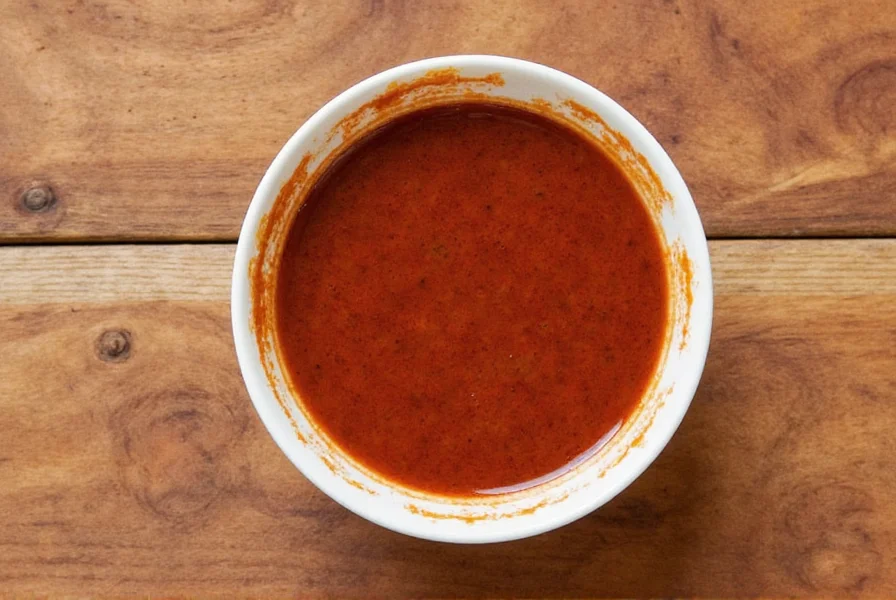
Final Thoughts: Why Chipotle Sauce Should Be on Every Spice Shelf
Chipotle sauce is more than just a trendy condiment — it’s a flavor powerhouse with history, versatility, and personality. Whether you’re grilling meats, jazzing up a boring bowl of rice, or simply looking to add some smoky flair to your meals, chipotle has got your back.
From casual cooks to seasoned chefs, there’s something incredibly satisfying about reaching for that familiar bottle and knowing you’re unlocking centuries of tradition in every drop. So go ahead — open that jar, let the smoky aroma fill your kitchen, and remember: a little chipotle goes a long way… and a lot? Well, that’s where the fun begins.
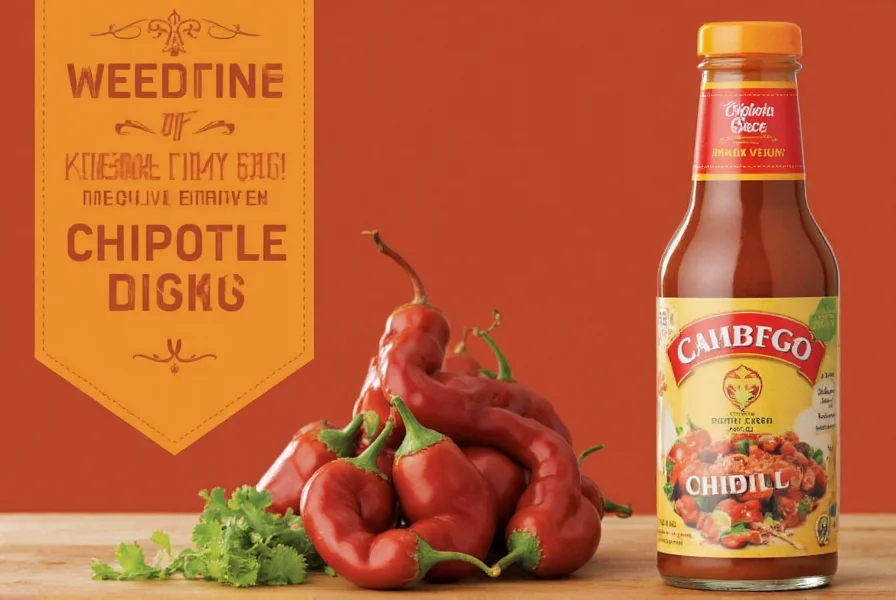
Ready to Spice Things Up?
Grab your favorite chipotle sauce, experiment with new recipes, and share your creations online with #ChipotleCrush. Who knows — you might just inspire someone else to take their flavor game to the next level!

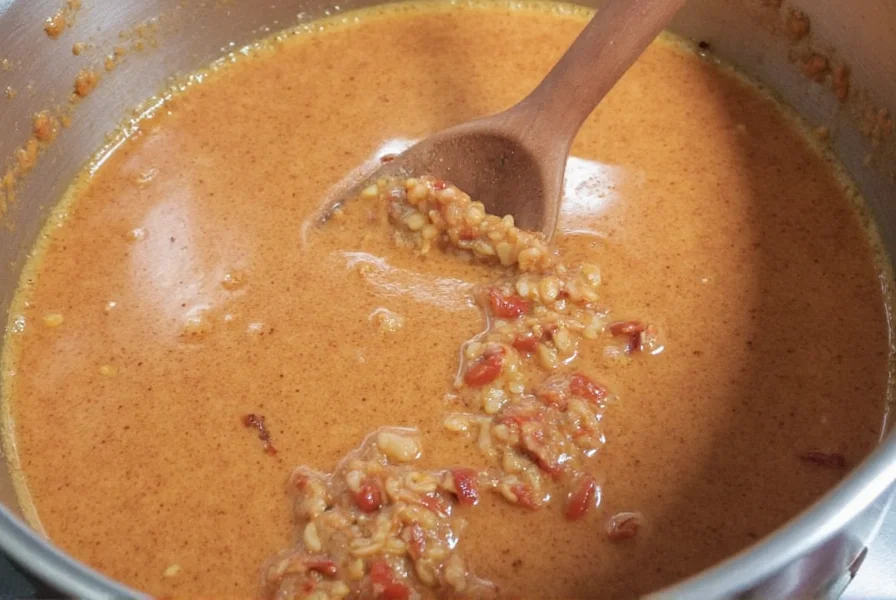









 浙公网安备
33010002000092号
浙公网安备
33010002000092号 浙B2-20120091-4
浙B2-20120091-4